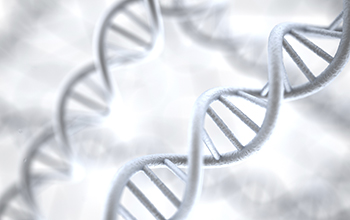The science of early childhood is a source of new ideas that could be used to develop more effective policies & services focused on the early years of life.
Science tells us that early childhood is a time of both great promise and considerable risk. Having responsive relationships with adults, growth-promoting experiences, and healthy environments for all young children helps build sturdy brain architecture and the foundations of resilience. Meanwhile, significant disadvantages can disrupt the developmental process and lead to limited economic and social mobility that threatens the vitality, productivity, and sustainability of society.
Continued Below




